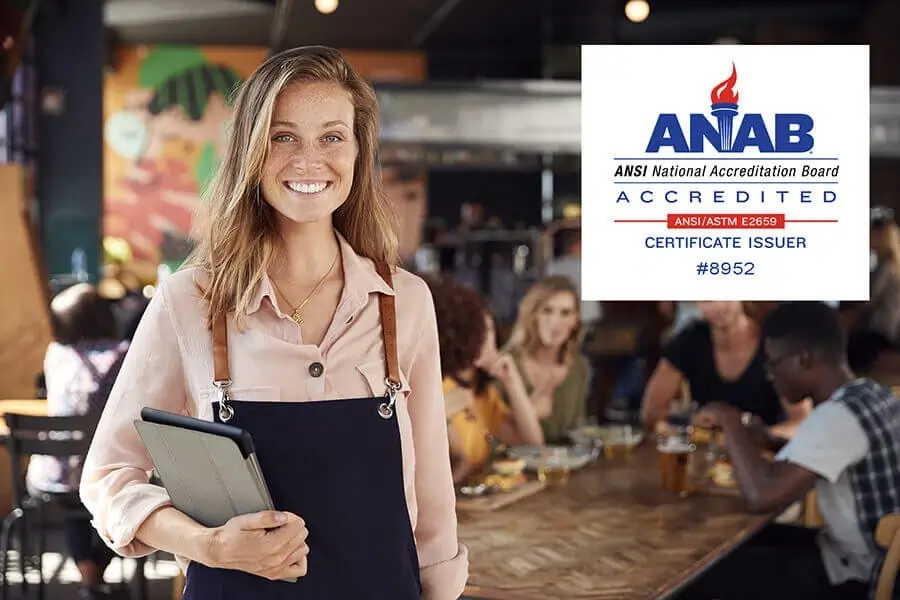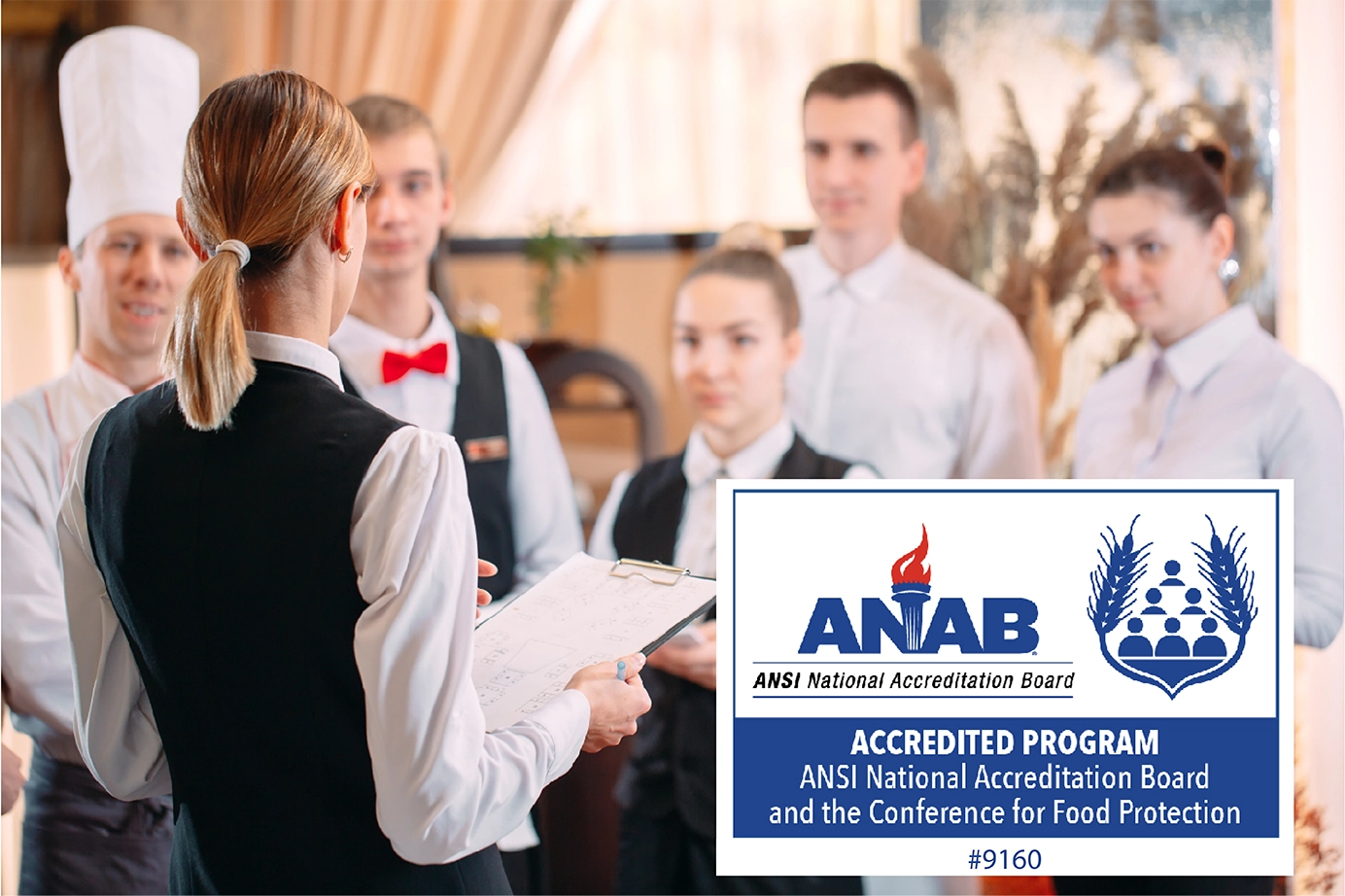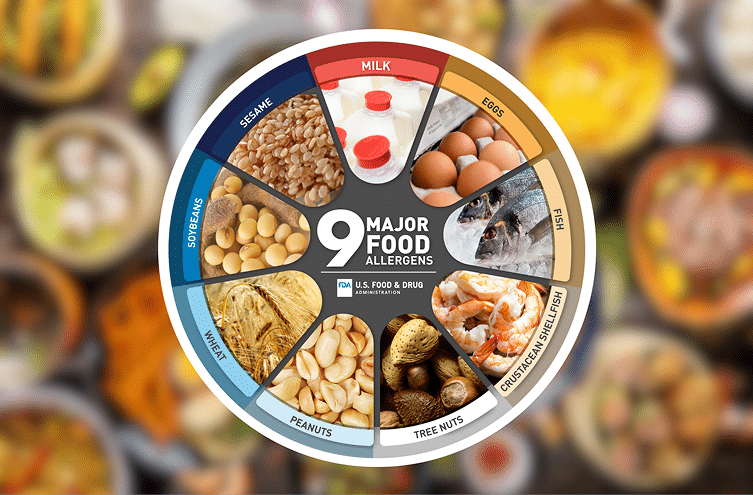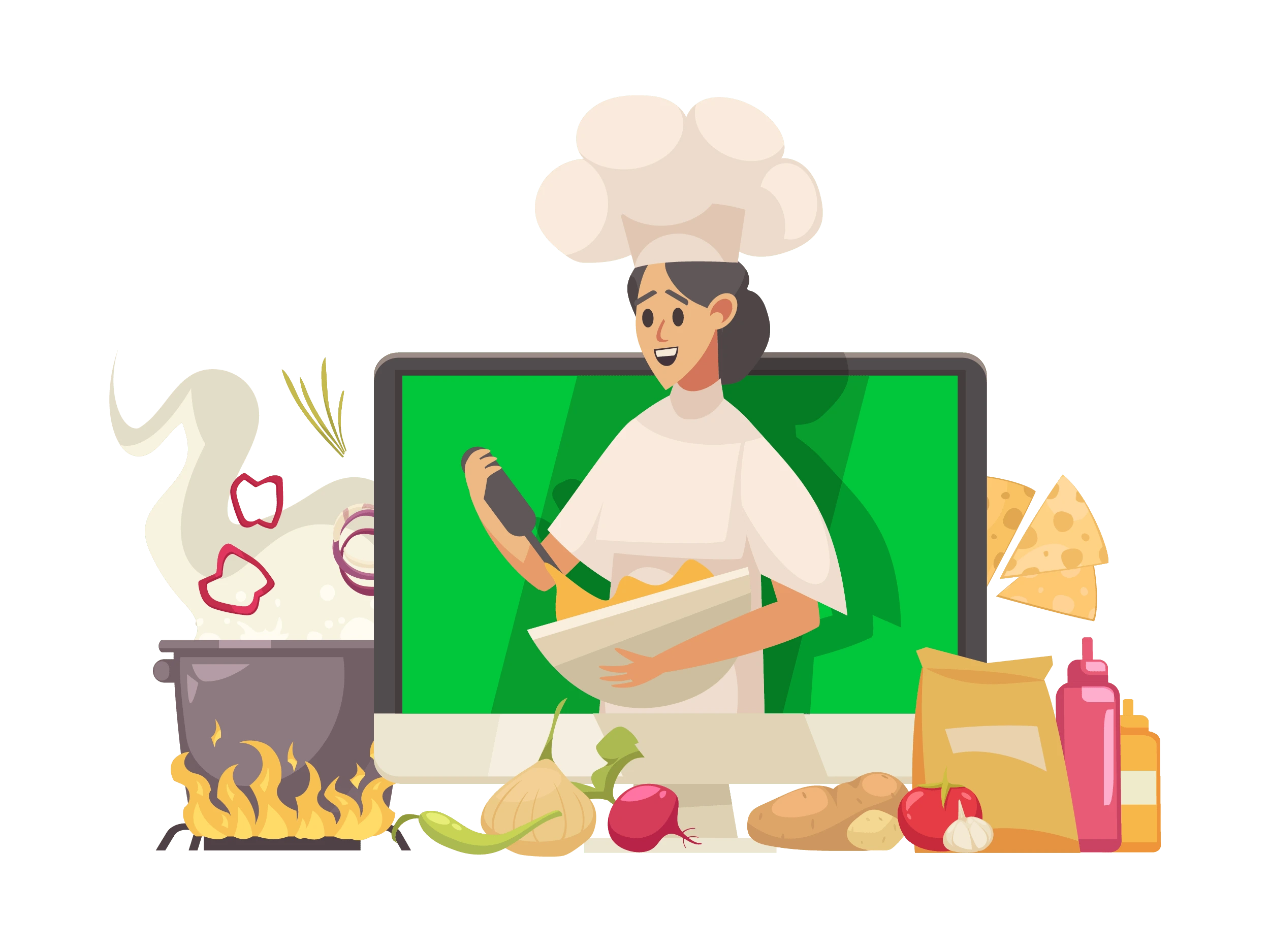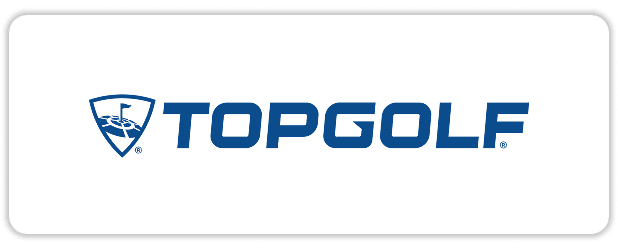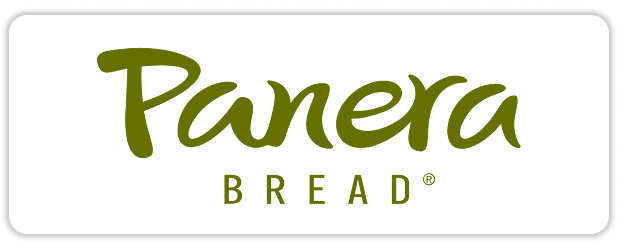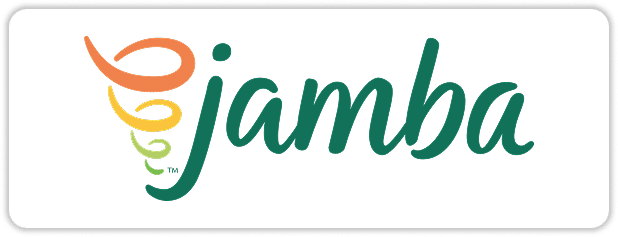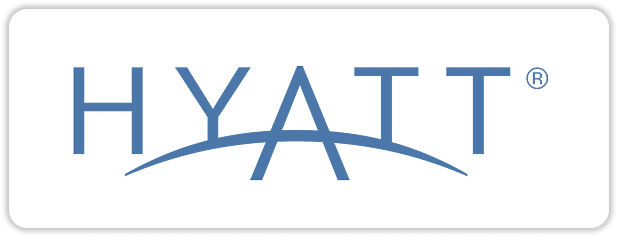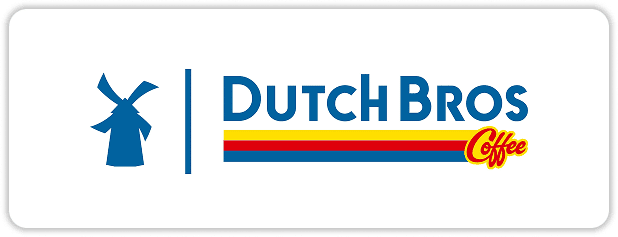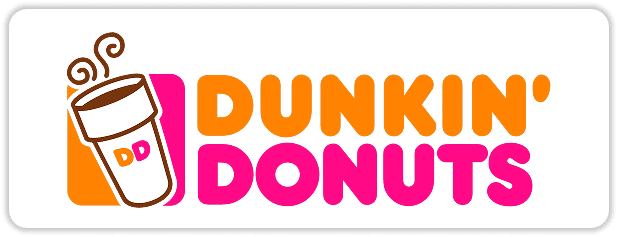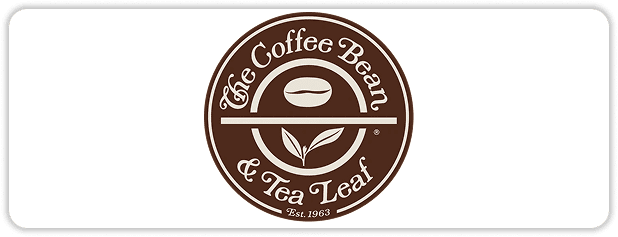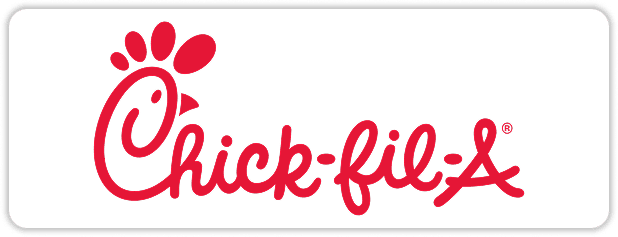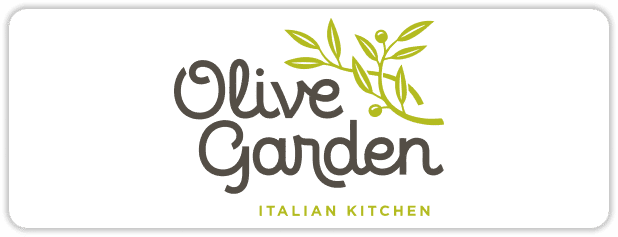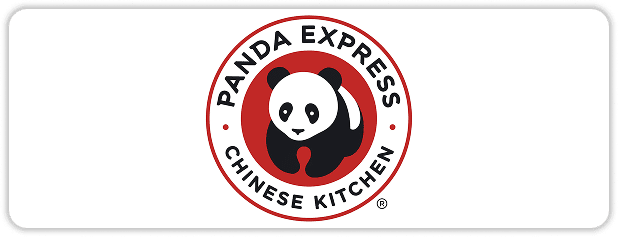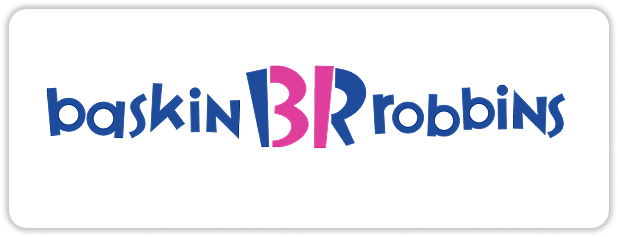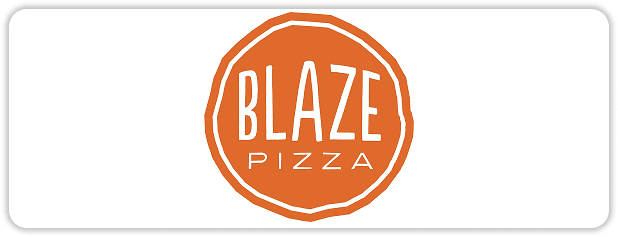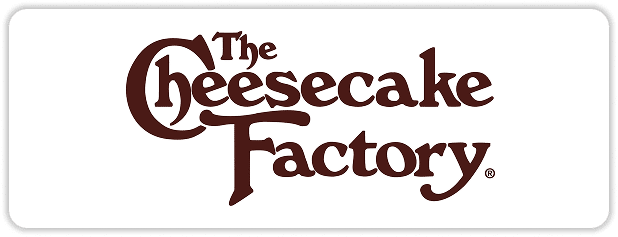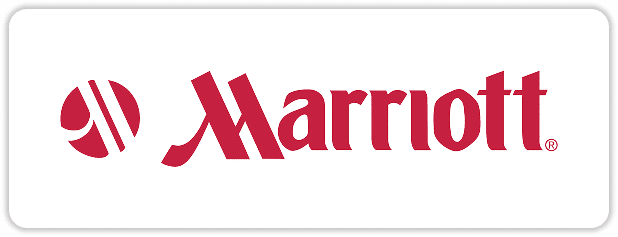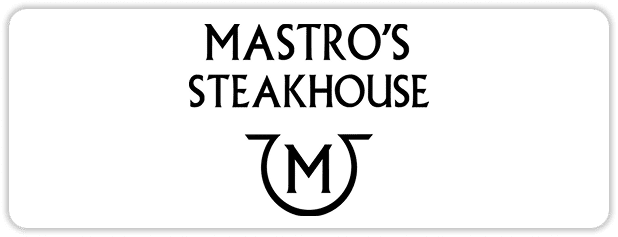
Cottage Food Law Georgia: What You Need to Know About Food Safety Training
Food safety is one of the most essential aspects when it comes to preparing and selling homemade foods. Whether you’re baking pastries, making jams, or preparing dry mixes, proper food handling is critical to ensure your products are safe for customers. Under the cottage food law Georgia, anyone selling homemade foods directly to the public must complete an approved food safety training course. The course helps cottage food operators understand proper handling, prevent contamination, and keep customers safe.
In this guide, we’ll answer all questions related to the food law, training requirements, and practical steps for running a safe and compliant cottage food business in Georgia.
What is Cottage Food Law Georgia and Who Does it Apply to?
Under the cottage food law Georgia, individuals can produce and sell certain homemade foods without a commercial kitchen license or inspection. The law primarily applies to foods that are non-potentially hazardous and do not require time or temperature control to remain safe for consumption. Food handlers must be aware of the food items that are permitted and those that are not.
Some of the allowed foods include:
- Baked goods like cakes, bread, rolls, pastries, and cookies
- Fruit pies and dried fruits
- Candies, confections, jams, jellies, and preserves
- Cereals, trail mixes, and granola
- Coated or uncoated nuts, popcorn, and cotton candy
- Dry herbs, seasonings, and spice mixes
- Vinegar and flavored vinegars

While this law enables home-based entrepreneurs to start a small food business, it does not cover TCS (time-temperature controlled for safety) foods, such as dairy, eggs, meats, poultry, seafood, cooked rice, beans, and sprouts. These foods pose higher risks for bacterial growth and are therefore excluded.
Cottage food operators can sell their products in person, online, or even to local retailers within Georgia, but sales cannot cross state lines. Understanding this distinction is crucial for staying compliant and avoiding penalties.
Why Food Safety Training is Required Under the Georgia Cottage Food Law
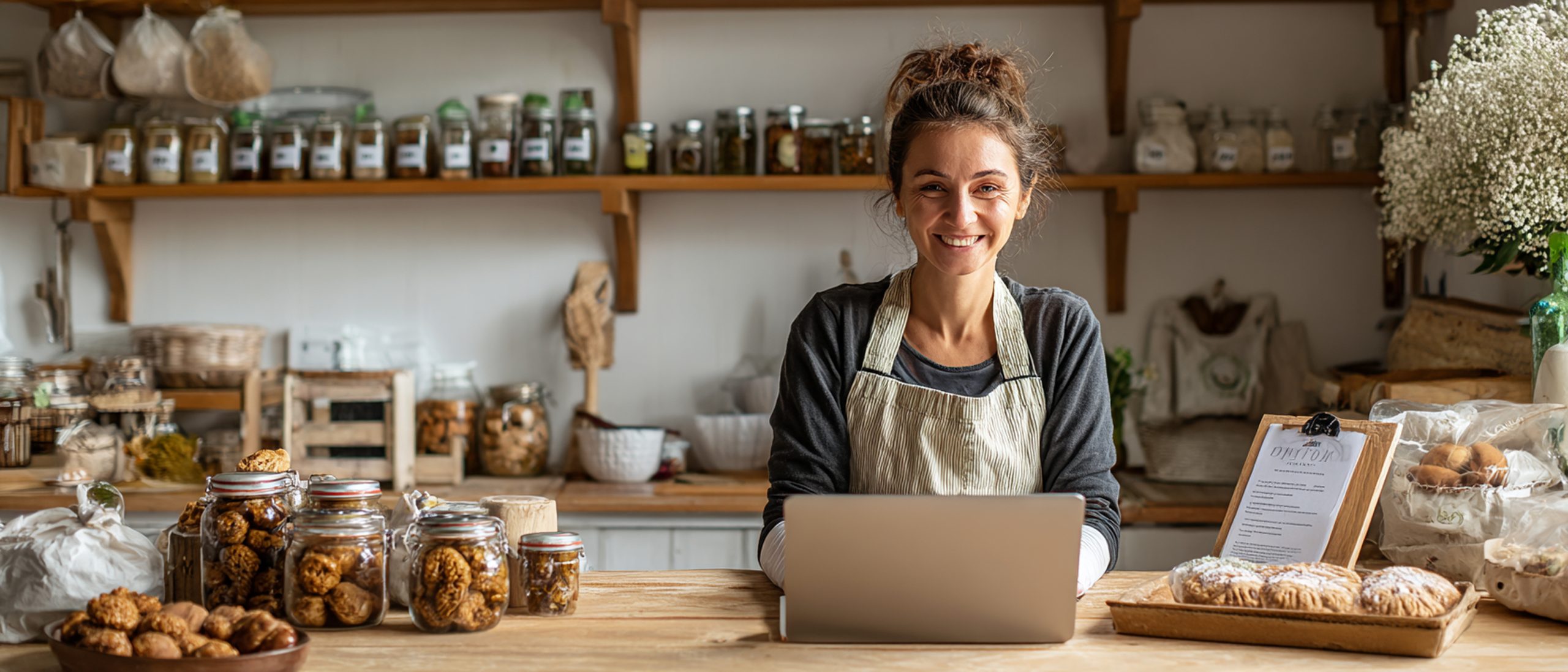
While a license isn’t required for most cottage food operations in Georgia, food safety training is mandatory. Completing an approved, accredited course ensures that you understand the principles of safe food handling. This includes knowledge about:
- Preventing contamination from pathogens like Salmonella and E. coli
- Proper handwashing, sanitizing, and personal hygiene
- Safe food storage, labeling, and handling practices
- Allergy awareness and preventing cross-contact
The training equips home-based food businesses with practical skills to keep their products safe, protect customers, and reduce liability. Most accredited courses are short and can be completed online, giving operators flexibility while meeting state requirements. After finishing the course, you typically receive a certificate, which demonstrates compliance with the law.
What Foods can I Sell and How Should They be Handled?
Cottage food law Georgia emphasizes that only non-potentially hazardous foods are allowed. Here’s how operators can safely handle these foods:
- Baked Goods & Pastries: Always use clean utensils, and avoid bare-hand contact whenever possible. Try to store the food at room temperature.
- Jams, Jellies, and Preserves: Use sterilized jars and follow safe canning practices to prevent microbial growth.
- Dry Mixes, Nuts, and Cereals: Pack in clean, sealed containers and keep them in a cool, dry environment to maintain quality.
Even if the foods are considered low-risk, food safety practices like proper labeling, hygiene, and clean equipment are critical. Gloves, utensils, and tongs can help reduce direct contact with ready-to-eat items, and frequent handwashing is always a must.
How to Properly Label Your Cottage Food Products
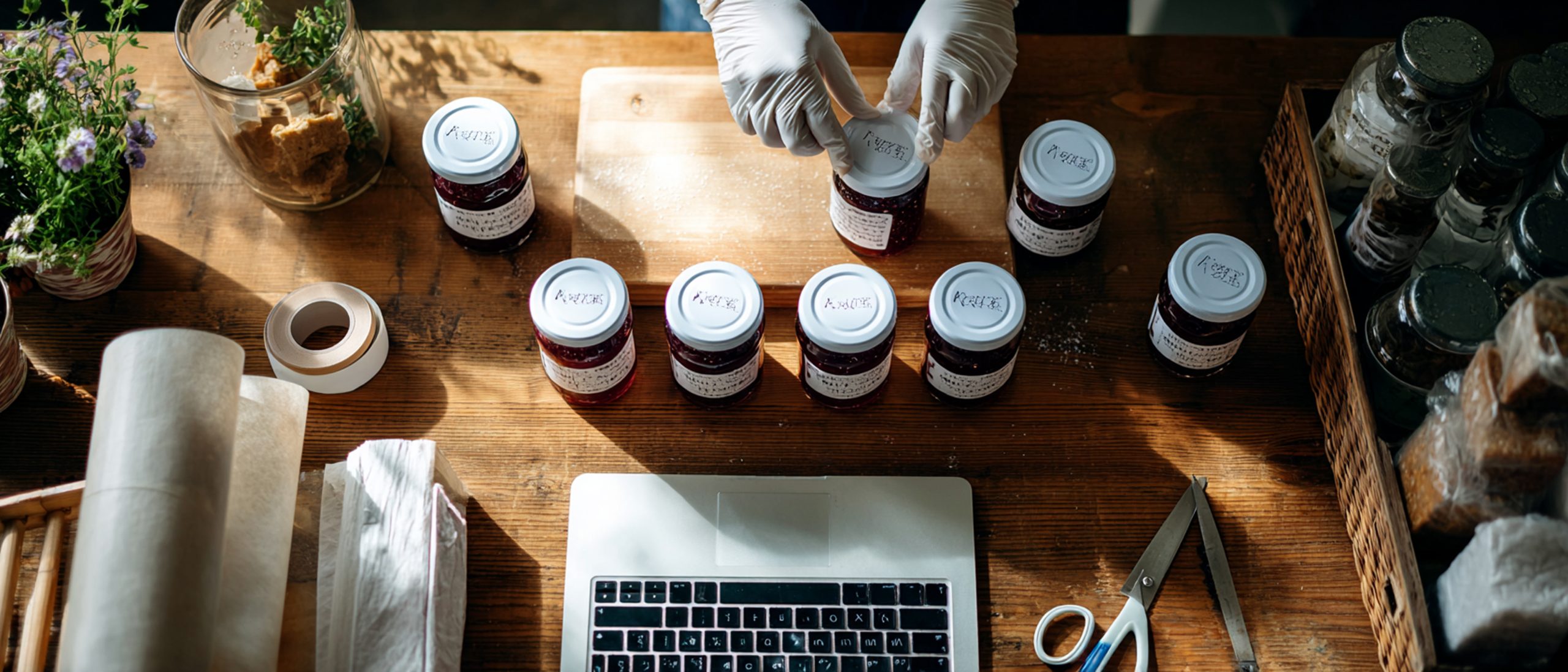
Regardless of the type of food you produce under the Georgia Cottage food law, it must include a clear label informing customers of the product’s origin and potential allergens. Required information typically includes:
- Business name and home address (or an ID number from the Department of Agriculture as an alternative)
- Contact number
- A statement such as: “This product was prepared at a residential property that is exempt from state inspection. This product may contain allergens.”
- Optional but recommended: a list of ingredients in descending order by weight
Accurate labeling ensures transparency for customers and protects operators from liability, especially when allergens or other sensitive ingredients are present.
What Steps Should Cottage Food Operators Take to Keep Foods Safe?
- Even non-potentially hazardous foods can become unsafe if handled incorrectly. Key steps include:
- Cleanliness: Wash hands thoroughly before handling food. Clean all surfaces, utensils, and packaging materials.
- Prevent Cross-Contamination: Avoid using the same cutting boards, utensils, or containers for allergen-containing and allergen-free foods.
- Safe Storage: Keep foods at appropriate temperatures and avoid exposure to pests or moisture.
- Sanitization: Regularly sanitize counters, equipment, and packaging areas.
Following these steps helps ensure that your products are safe and maintain customer trust.
How Does Completing a Food Safety Course Benefit me?
Food safety training is not just a legal requirement; it’s an investment in your business. Completing an accredited course gives you:
- A clear understanding of Georgia’s cottage food regulations
- Confidence that your handling and storage practices reduce contamination risks
- Knowledge about allergen management and labeling compliance
- The ability to display your food handler certificate, which can enhance credibility with customers and retailers
With these skills, operators can not only comply with the law but also provide high-quality, safe products that build repeat business.
Concluding Thoughts on the Georgia Cottage Food Law
Georgia’s cottage food law allows creative, home-based entrepreneurs to sell non-potentially hazardous foods safely and legally. While a license is not required, completing an accredited food safety training course is mandatory. Adhering to proper food handling, storage, labeling, and hygiene practices, you can ensure your products are safe and compliant.
This law provides a framework that helps protect both the consumer and the business owner. Paying attention to every step, from preparation to labeling, can make the difference between a thriving cottage food business and one that faces compliance issues or customer complaints.
Ready to Start Your Cottage Food Journey? Get Certified Today!
If you’re planning to start selling homemade foods in Georgia, the next step is clear: complete your accredited food handler exam. AAA Food Handler offers ANSI National Accreditation Board (ANAB)-accredited courses designed to meet Georgia’s cottage food law requirements. With a short, practical course, you’ll gain the knowledge to handle foods safely, comply with the law, and confidently run your home-based business.
Grow your cottage food business with AAA Food Handler’s certified training

